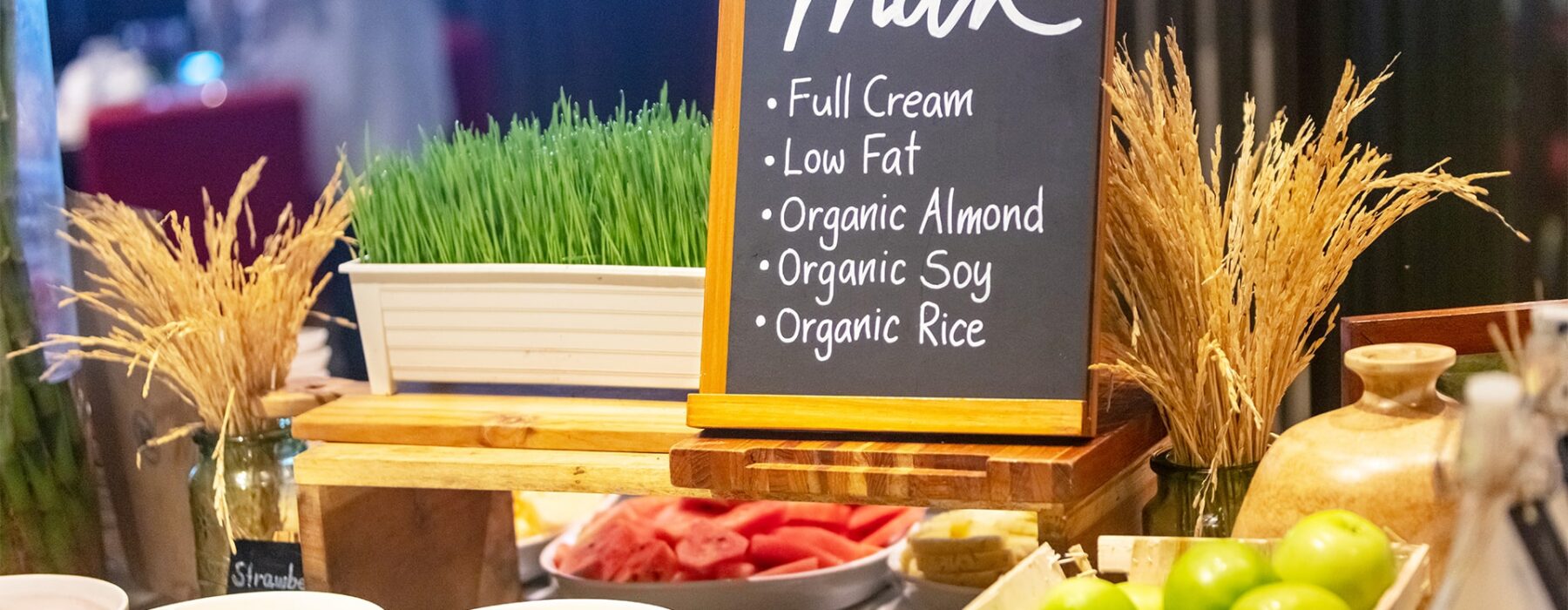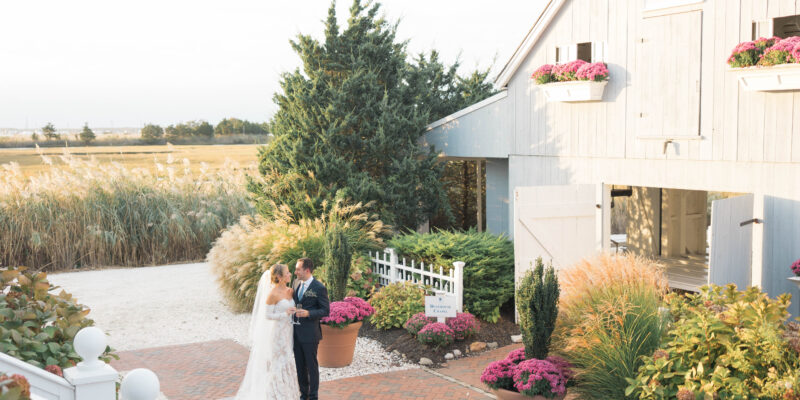In today’s diverse world, it’s becoming increasingly common for individuals to follow specific dietary patterns, whether for health reasons, religious beliefs, or personal choices. As a result, when planning a wedding or any large gathering, it’s crucial to consider the dietary needs of your guests. Here are some top tips to ensure everyone at your wedding can enjoy the feast without any worries.
1. Early Communication is Key
Start by including a section on your RSVP cards where guests can indicate any dietary restrictions. This early heads-up will give you ample time to plan and make the necessary arrangements. Online RSVP platforms can also be a great tool, as they often allow guests to specify their dietary needs in detail.
2. Choose the Right Caterer
Not all caterers are equipped to handle diverse dietary needs. When researching potential caterers, ask about their experience with vegetarian, vegan, gluten-free, and other special diets. A caterer with a broad range of experience will be more adaptable and can offer creative solutions.
3. Diverse Menu Options
While you don’t need to cater entirely to one specific diet, offering a range of options ensures that everyone has something to enjoy. Consider having a meat option, a vegetarian dish, a vegan dish, and possibly a gluten-free or dairy-free option. This variety will cater to most dietary needs without making anyone feel singled out.
4. Clear Labeling
If you’re having a buffet-style meal, clear labeling is crucial. Use signs to indicate which dishes are vegetarian, vegan, gluten-free, etc. For plated meals, ensure the waiting staff is well-informed so they can guide guests appropriately.
5. Prevent Cross-Contamination
For guests with severe allergies, cross-contamination can be a significant concern. Discuss this with your caterer and ensure that they have measures in place to prevent it. This might mean using separate utensils, preparation areas, or even separate chefs for specific dishes.
6. Consider Special Requests
While it’s not feasible to cater to every individual request, if a guest has a severe allergy or dietary restriction, it’s worth making an exception. A small gesture like this can mean the world to someone and shows that you care about their well-being.
7. Show Appreciation
Guests with dietary restrictions often feel like a burden or worry about being too troublesome. Consider leaving a small note or token of appreciation at their place setting. This gesture can make them feel acknowledged and valued.
By following these tips, you can ensure that all your guests, regardless of their dietary needs, can enjoy the celebration to the fullest. After all, weddings are about bringing people together, and what better way to do that than over a delicious meal that everyone can enjoy?




